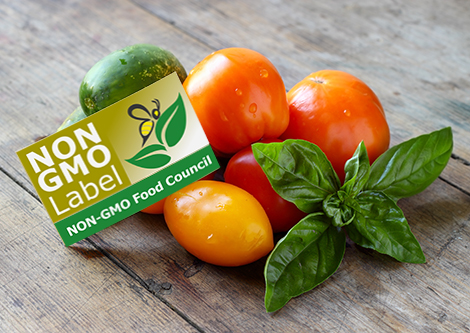Products that meet customer expectations are always purchased in the market. Naturally, this situation increases the sales and profitability of the companies. For this reason, the companies' ability to continue their activities under intense competition conditions depends on the innovations to be made in the products.

Genetically modified organisms (GMOs) are made using biotechnology, which can result in plants with properties not normally found in nature. Most GMOs are modified at the DNA level to be more tolerant to herbicides or to create their own pesticides. Thirty countries around the world, including members of the European Union, have chosen to impose significant regulations on genetically modified food and products.
So what does GMO mean for the market? The market for non-GM products is growing 17% annually and is expected to reach $2023 billion by 1,1, according to industry analysts.
Increasing consumer concerns have created the need for NON GMO certifications and labels, as the confusing debate over GMOs has yet to reach a consensus. For a product to be successful in the market, it is expected to meet the needs of the consumers. In this way, both customer satisfaction and the potential of being a regular customer of this product increase.
Today, in the face of the rapidly increasing demand for non-GMO products, all manufacturers are expected to take the necessary steps in this area by considering the consumer side. Certification is a great necessity for companies that want to be successful in the market and always keep the advantage. Thanks to certification, product labels that can be used in product packaging will directly affect purchasing preferences.
Do not hesitate to contact our expert team to get detailed information about the GMO Free and NON GMO label and certification, or to apply for certification.
